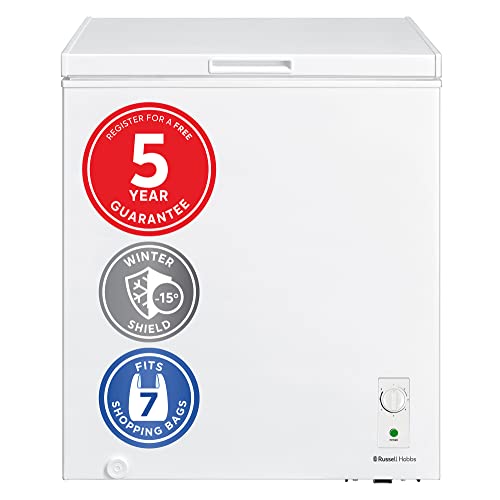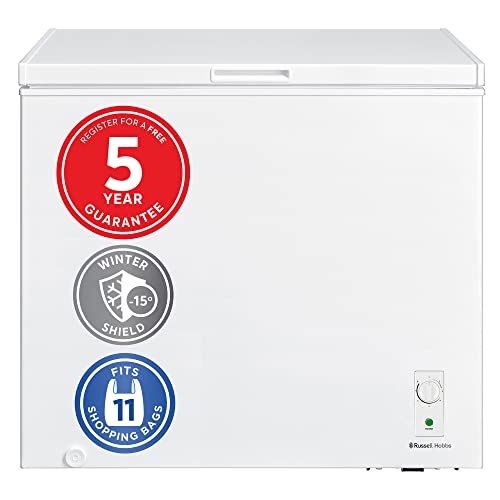What Fridge With Ice Maker Experts Want You To Be Educated
페이지 정보
작성자Paulette 댓글댓글 0건 조회조회 58회 작성일 24-02-19 13:51본문
 Benefits of a Fridge With an Ice Maker
Benefits of a Fridge With an Ice MakerA majority of refrigerators have an ice maker either built into the door, or in the freezer. This makes it simple to enjoy refreshing, cold water. These refrigerators are generally more expensive than others, Frydge but they can make it easier for you to avoid the hassle of filling and cleaning Ice trays.
The circuit in the icemaker sends current to an ice valve. The water flows through the mould and then freezes and forms cubes.
Convenience
One of the primary benefits of having a fridge equipped with an ice maker is that it will save your time. Instead of filling tray manually the ice maker does this for you. It is typically activated by a sensor that measures water levels in the freezer. Once it reaches the proper temperature, the ice-making process commences. A valve opens, and a cooling unit allows water to flow into the molds to make ice. A built-in thermometer measures the ice to ensure that it is completely frozen and when this occurs, the valve shuts off and the ice moves from the molds to the storage bin.
This is also helpful when you're hosting guests. You will always have enough ice and avoid embarrassing situations when guests request more ice only to find out that you're not in. You can find refrigerators with an icemaker that have dispensers built into the door. This makes it simple to serve water and get access to the ice without opening the fridge.
Refrigerators with ice makers also use less energy than conventional models. The ice maker uses tiny amount of energy to run. Because they are utilized for a long period of time they can save you lots of money on your energy bills.
If you're looking to lower your expenses even more, you can opt for a model that does not make use of a cooling tower. These "direct cool" models are fridges that have an ice maker. They utilize the same refrigerant in order to make ice as they use to cool your fridge. They are more efficient than conventional ice makers and can cut your energy usage by up to 25 percent. This will help you save money on utility bills and also reduce your carbon footprint while at the same time.
Efficiency
With an Ice maker, you can save time by not having to fill and freeze ice cubes. Moreover, these devices have a constant supply of fresh ice available for you to use from the refrigerator or scoop into your cup whenever you need. This makes them more convenient than fridges which require you to go inside the freezer to pick up an ice bag from the storage bin.
Most refrigerators that have Ice makers are combo models that include an ice maker in the freezer along with the standard refrigerator compartment. You can also find standalone fridge freezer next day delivery/freezers that have the ice maker built into the door or the back of the freezer.
Typically, the ice maker on your fridge is powered by your home's main water supply line. To start the cycle it is necessary to turn on a timed switch that in the circuit briefly sends current down electrical wires to the water valve. The valve is then opened, which allows water to flow into the molds. When the ice-making process is done, the built-in thermistor indicates the timed switch that the ice has been cooled enough to stop the flow of water into the molds. The motor then rotates a shaft using arms that move the ice to the ice bin tray.
Some ice machines permit users to choose between two kinds of ice that are standard ice cubes or Frydge crushed ice. The latter is a great option in hot weather, when you're looking to reduce the amount of time it takes for your drink to cool down.
Your freezer could have been set to low if your ice maker ceases to produce ice or the resulting ice looks small and Frydge distorted. Check your owner's manual to find the manufacturer-recommended temperature and try setting it higher.
If your ice maker isn't producing ice or only producing a tiny amount of ice it could be because the water fill tubes are blocked. The ice-making machine draws its water from the household's main water supply line, so these tubes must be free of obstructions in order to function properly. Based on the condition of your home's water, these tubes may create blockages and mineral deposits over time. It is possible to clear them up by using the pipe cleaner or running the refrigerator's water line through a filter to eliminate minerals.
Water Dispenser
Refrigerators with ice makers come with water dispensers that allow you to access chilled, filtered water with no need to open the refrigerator door. Certain models let you add carbon dioxide for sparkling water or pour hot water into a coffee maker, teapot and many more. These models generally cost more than fridges without ice makers, and they require an additional water line to connect to the water that gets melted and transformed into ice for your enjoyment.
In the 1980s, refrigerators began offering ice and water dispensers. These were simple automatic ice machines that produced one block of ice a day. Today, more than half of all refrigerators feature an ice maker built-in and a water dispenser.
The dispenser pulls cold water from the refrigerator's internal plumbing, transporting it to a tiny water filter that filters out particles and a few basic contaminants. The water is then transferred to an ice mould, where it is transformed into one solid block of ice. The ice is then stored in a collection bin until it's ready to be released.
If you're looking to drink water, a switch that is timed in the refrigerator's circuit sends a brief electric current through two wires that are connected to the dispenser. This current causes the solenoid to activate, which opens the water valve, letting in just enough water for an Ice mold. The ice mould is typically an unplastic well that has several cavities that are connected. The valve is closed after the ice is made. This allows the ice to fall out of the mold into the bin which is where they wait to be dispensed.
The majority of issues with fridge ice or water dispensers can be solved by a quick troubleshooting. Check out our Fridge Dispenser Troubleshooting page for more information.
Use traditional ice cube tray which can be filled at the sink in your kitchen as an alternative to refrigerator water dispensers and ice dispensers. These trays hold up to 25 cups and permit you to decide how much ice to have at any time.
Cost
The convenience of a fridge equipped with an ice maker comes with a price. Refrigerators with an ice maker are usually more expensive than those that don't have one, because they need to be installed by a professional, connected to a water source and might require more maintenance or repairs. In addition, refrigerators that have ice makers are more likely to consume more energy than those that do not have them.
Most fridge/freezers with an ice maker allow you to create traditional ice as well as crushed ice. A lot of them also offer a range of sizes and shapes to choose from so you can customize your ice according to your preferences.
People are often used to a certain type of ice and are frustrated when they are unable to find it in the supermarket or restaurant. If you have an icemaker in your fridge you can get around the issue by setting it up to automatically make your favorite type of ice.
It can be difficult to be running low on Ice if you're a frequent drinker, or host large gatherings. Whether you're sitting alone after a hard workout, relaxing with your partner after a long day, or entertaining friends and family at home, you should be able to enjoy any time you'd like.
One of the major benefits of having a fridge with an ice maker is that it offers peace of mind knowing you'll have an unlimited supply of ice for any occasion. If the appliance fails, you will need to hire a professional to fix it.
The cost of a refrigerator or standalone ice maker repair will depend on the issue, model and the appliance. Here are a few of the most frequently encountered issues:
If your refrigerator's ice maker isn't functioning it could be due to a blocked tube or a malfunctioning valve. These components are equipped with electrical parts which can become damaged in time, so hiring a professional to replace them could cost anywhere from $150 to $200.

댓글목록
등록된 댓글이 없습니다.
